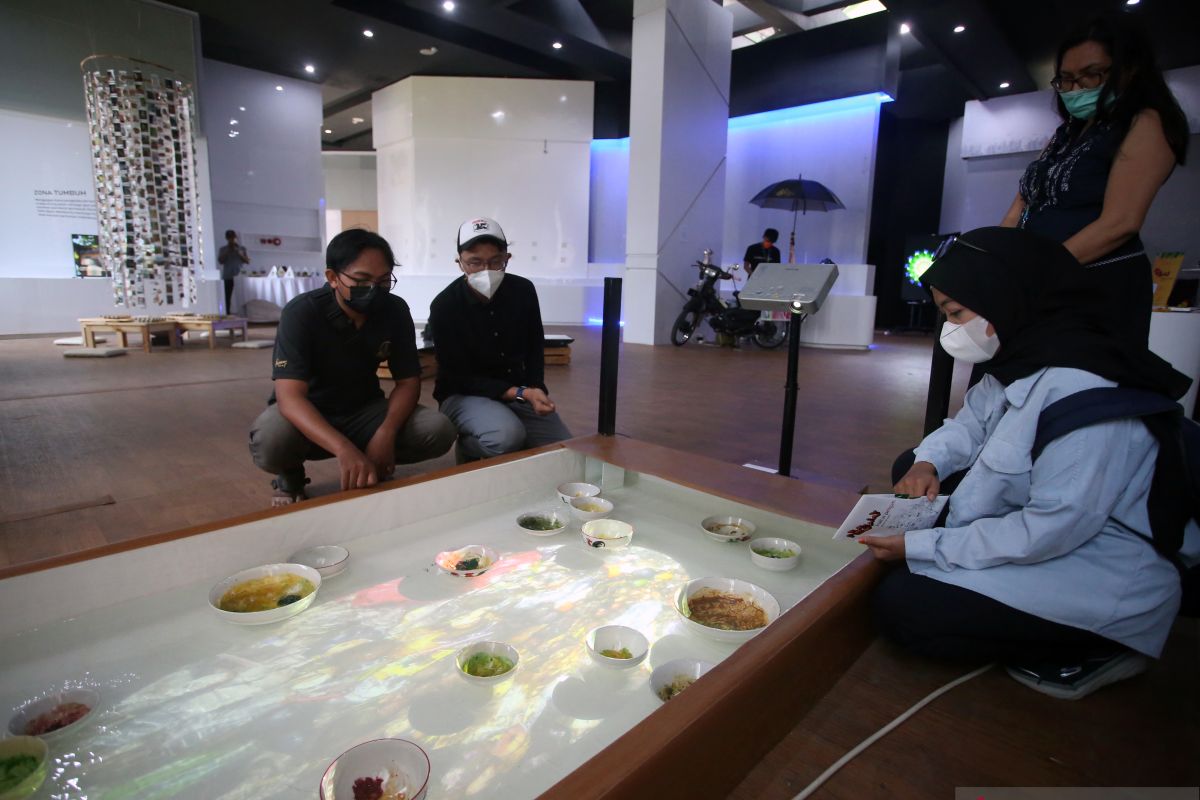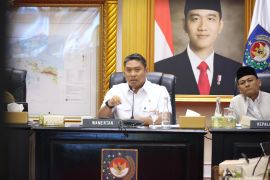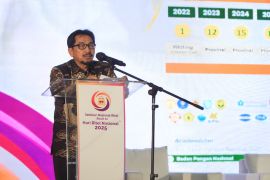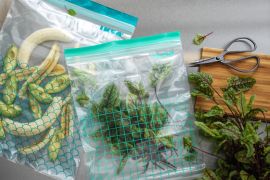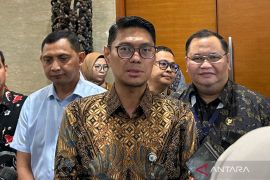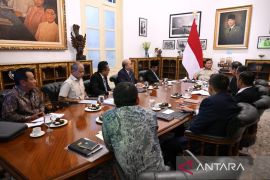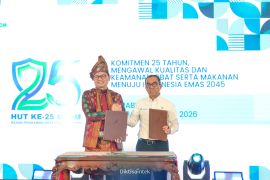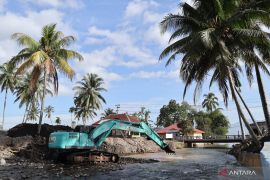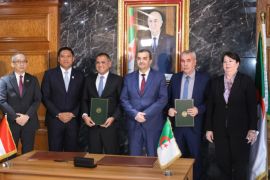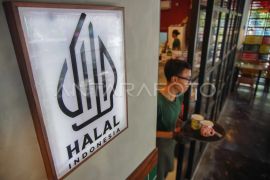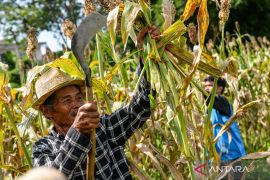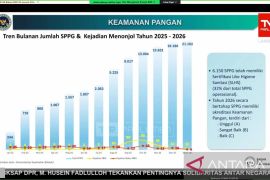The use of accurate technology can offer various benefits, Head of BRIN's Agriculture and Food Research Organization Puji Lestari said in a statement posted on BRIN's website on Friday.
In addition to making the process more effective and efficient, it can also make it more economically beneficial as well as capable of preserving the environment.
BRIN has continued to perform research and produce innovations to answer the problems of food loss, including on post-harvesting processing technologies, like canning, and non-thermal technologies that can support post-harvesting and sustainable food production.
Breeding plants with the support of technology can also become an important part of the long-term solution, Lestari informed.
This can help produce new superior varieties that are more compatible with the supply chain so that consumers can get food that is fresh and of good quality.
Head of BRIN's Food Technology and Process Research Center Satriyo Krido Wahono noted that several food technologies and processes, such as freeze-drying, preservation, and packaging can be applied to reduce potential food loss.
These technologies can extend the usage period for food materials and/or processed foods, he said.
Transforming food waste into other food materials or non-food materials, such as animal feed, organic fertilizers, absorbent materials, preservatives, and packaging materials, is also another option for reducing food loss.
Related news: Expert lists strengths, weaknesses of Indonesian nutmeg varieties
Meanwhile, Head of BRIN's Horticulture and Plantation Research Center Dwinita Wikan Utami said that coffee and cocoa are plantation commodities that are of vital economic value for Indonesia.
Food losses can occur during planting and harvesting as well as incidents outside of farming that affect production.
The strategy to reduce food loss in coffee and cocoa production includes carrying out good agriculture practices such as breeding using bolstered cultivation technology to improve the harvest.
The strategy also covers conducting metabolomics studies to reveal the potential of metabolite products, adhering to good handling practices, using good quality seeds, ensuring optimal harvesting time, good distribution, and creating smart farming systems, she noted.
Related news: White rice varieties of Padang Pariaman Anai tested
Translator: Martha H S, Fadhli Ruhman
Editor: Rahmad Nasution
Copyright © ANTARA 2022
